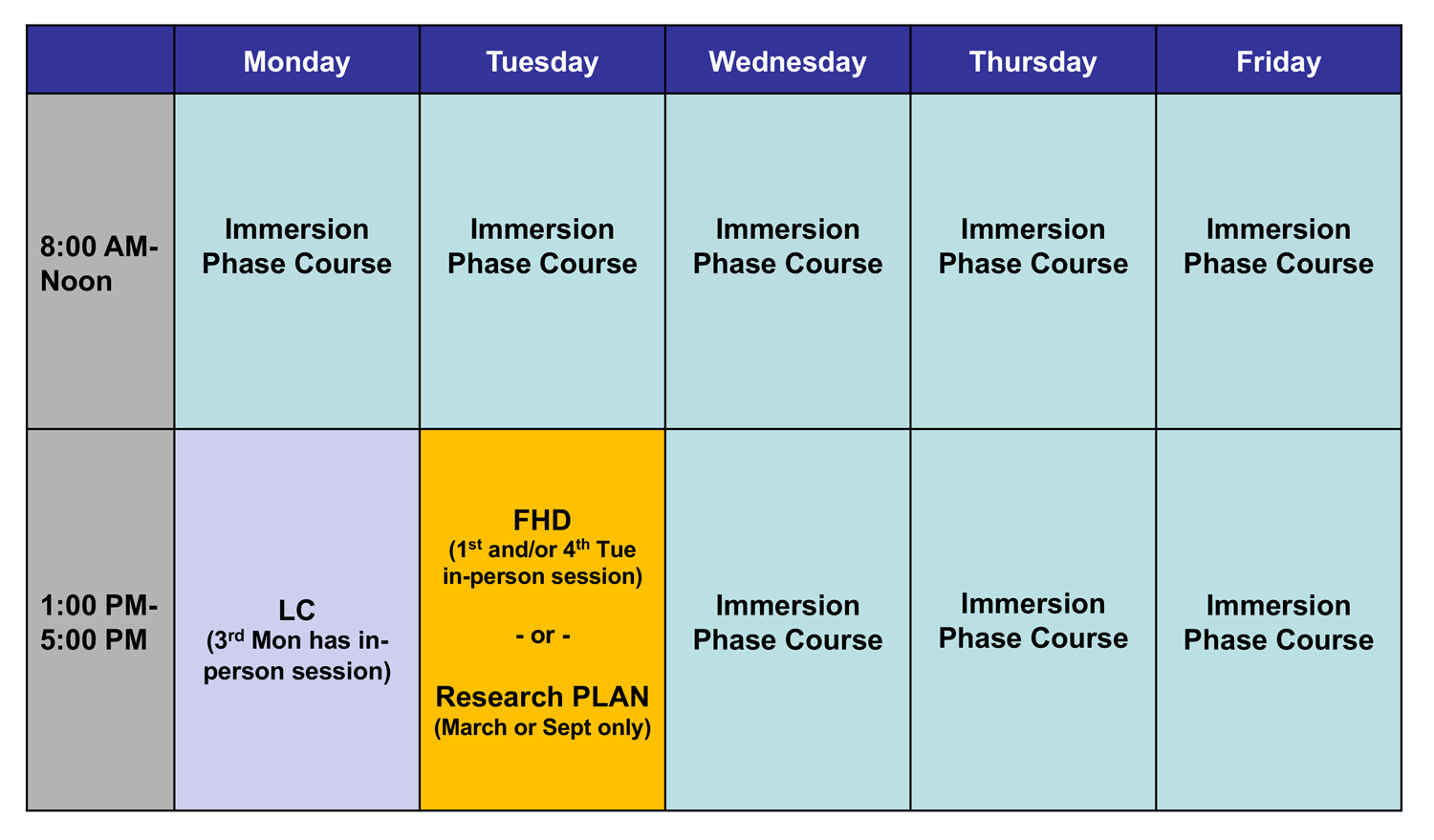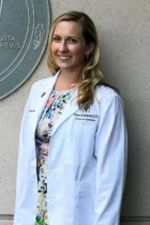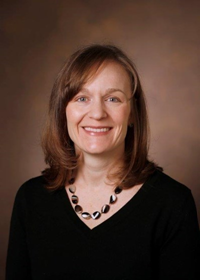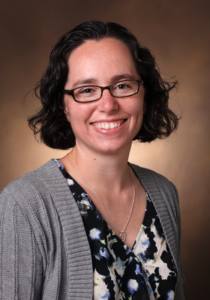Years 3-4: Immersion Phase
You’ve reached your final two years of medical school, and it’s time for you to take the lead in personalizing your medical education.
Building on the foundational knowledge from Years 1 and 2, you’ll craft your own Immersion schedule with a combination of:
- Advanced Clinical Experiences
Develop your practice-based learning skills in these rigorous month-long clinical rotations, where you’ll function as a valued member of the clinical team. - Acting Internships
Take on the roles and responsibilities of an intern in this intensive, in-patient experience:- Write daily notes, perform history and physical exams, and draft discharge summaries
- Discuss and enter patient orders for a supervising physician to cosign
- Perform patient care handovers under the supervision of a resident
- Assume responsibility for patients like an intern would, starting with 2-3 patients and ending the rotation with 6-8
- Integrated Science Courses
Blend foundational sciences and clinical experience as you complete these innovative courses, created specifically for the Immersion years.With a broad menu of courses with a wide array of topics offered each year, you’ll get a unique perspective from the mix of didactic and clinical responsibilities. From the national opioid crisis to healthy aging to clinical cancer medicine, ISCs offer a way to jump into workplace learning— a practice you’ll keep up for the rest of your career. - Research Months
3 to 6 months dedicated to completing your individual research project, under the guidance of your research mentor. - Dedicated time for residency interviews in your M4 winter
With an extra year of clinical training and plenty of time to explore your own interests, you’ll finish the Immersion Phase with highly advanced clinical skills— well-equipped for excellence and leadership in your first year of residency.
Weekly Schedule Example

Success in the Immersion Phase
As you take on increased professional responsibilities during Immersion, you’ll receive various types of feedback along the way:
- Competency-based assessments from your clinical team
- Narrative feedback from your clinical team and course directors
- Opportunities for self-reflection
Plus, you’ll participate in a week-long collection of simulated scenarios held in our world-class Center for Experiential Learning and Assessment. These scenarios with standardized patients will assess your competence on various professional competencies important for residency and beyond.
Meet an Immersion Student: Mallory
 Mallory is taking full advantage of her Immersion years (M3 and M4) to take the lead in her own medical education.
Mallory is taking full advantage of her Immersion years (M3 and M4) to take the lead in her own medical education.
“We keep saying that Vanderbilt has such an individualized curriculum, but you really see it now,” Mallory reflects. “It’s generally the same puzzle pieces— we all do ISCs and ACEs and electives —but you really start to see people’s interests shine through in the courses they’re taking and what they get excited about.”
For example, Mallory spent one of her M3 spring blocks on an Integrated Science Course— a month-long experience that blended shifts on the trauma wards with anatomy dissections and lectures from faculty.
What does a typical day look like for Mallory? During this block, Mallory might spend her morning attending an ISC lecture on a relevant clinical topic. In the afternoon, she might start her shift in the hospital or have hours set aside for independent study and events with her learning community. Later, she’ll cook dinner with her roommates— a helpful de-stress from high-powered shifts on the wards.
Want to hear from more students in the Immersion Phase?
- Brian’s story – having a family in medical school
- Julia’s story – taking time to explore your paths
- Jeannette’s story – making the most out of the immersion phase
- Maria’s story – extra time to explore and enjoy your interests
- Rafi’s story – getting an MBA in medical school
- Samantha’s story – having time to choose your specialty
- Sandeep’s story – the Medical Scholars Program (learn more about the Medical Scholars Program)
Immersion Phase Leadership

Kimberly Brown Dahlman, PhD

Kendra Papson Parekh, MD, MHPE
Your Immersion Phase leaders bring complementary backgrounds to match the dual emphases of this final phase of medical school.
Dr. Dahlman brings extensive experience as a research scientist and medical educator, while Dr. Parekh brings invaluable clinical perspective from her work in emergency medicine and her own experience as a former medical student.
Together, the two leaders form a constant source of support and advising for you as you transition into a phase centered on excellent clinical training infused with rigorous basic sciences exploration.
As they work closely with a team of faculty and the Student Curriculum Committee, Dr. Parekh and Dr. Dahlman are equipping you to graduate Vanderbilt as growing physician leaders and innovators.